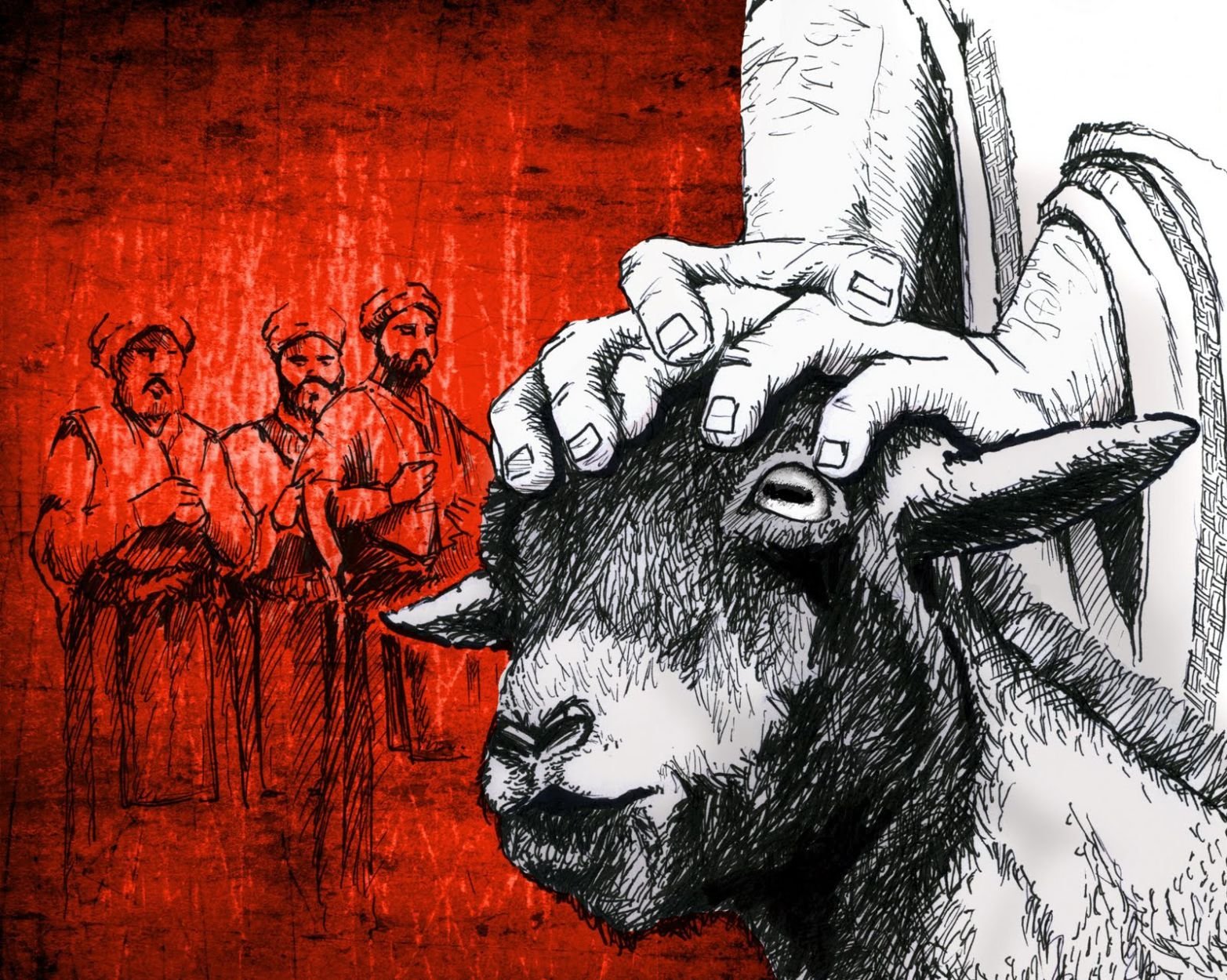Watching Your Sin Leave The Camp
We find ourselves in the middle of the Jewish High Holy Days. Yom Kippur, or the Day of Atonement, is among the most sacred. You can find the command on how God told the Israelites to observe this day in Leviticus 16. This was the only day the high priest could enter the Holy of Holies.
Can you imagine how heavy the sense of sin and unworthiness must have been for him? To know that he was entering the presence of a holy God on behalf of an entire nation who had sinned? And yet, every year, without fail, he went in.
What was he hoping for? What did he need?
Forgiveness. Cleansing. Atonement.
The same things we all need and hope for when we sin.
The high priest would make sacrifices for his own sins first, and then he would make sacrifices for the people. There were two goats. One was sacrificed, and the other was a scapegoat. The high priest would confess the people's sins over the head of the scapegoat, and then it was led away into the wilderness, never to be seen again.
“And when he has made an end of atoning for the Holy Place and the tent of meeting and the altar, he shall present the live goat. And Aaron shall lay both his hands on the head of the live goat, and confess over it all the iniquities of the people of Israel, and all their transgressions, all their sins. And he shall put them on the head of the goat and send it away into the wilderness by the hand of a man who is in readiness. The goat shall bear all their iniquities on itself to a remote area, and he shall let the goat go free in the wilderness.”
Leviticus 16:20-22
Imagine watching your sin leave the camp, never to return. That's the picture Yom Kippur paints for us. And that's what Jesus did for us on the cross. He became our scapegoat. He carried our sin away, never to return.
This is a symbol of how our sin is taken away from us. It's not just that we're forgiven, but our sin is actually taken away. It's removed as far from us as the east is from the west (Psalm 103:12).
The book of Leviticus tells the Jewish people on this day to "afflict their souls." This is a day of fasting and prayer, a day to humble themselves before God. And it's still a day of humility for us as believers. We remember our sins, we confess them, and we ask for forgiveness.
While the Jewish community remembers this holiday once a year, we as followers of Messiah Yeshua can remember it every day. We don't have to wait for a special day to come around. We can come to God anytime, anywhere, and know that our sins are forgiven, and we are clean.
If you're struggling with sin today, remember that you can have your sin taken away from you. All you need to do is confess it and ask for forgiveness. And then watch your sin leave the camp, never to return.
There is a prayer said in synagogues across the world on the Day of Atonement called Al Chet, meaning “For the sin.” It is a confession that includes both asking for forgiveness as well as seeking it from God. May these prayers bring you to a deeper understanding of your need for a God who grants covering through His mercy.


